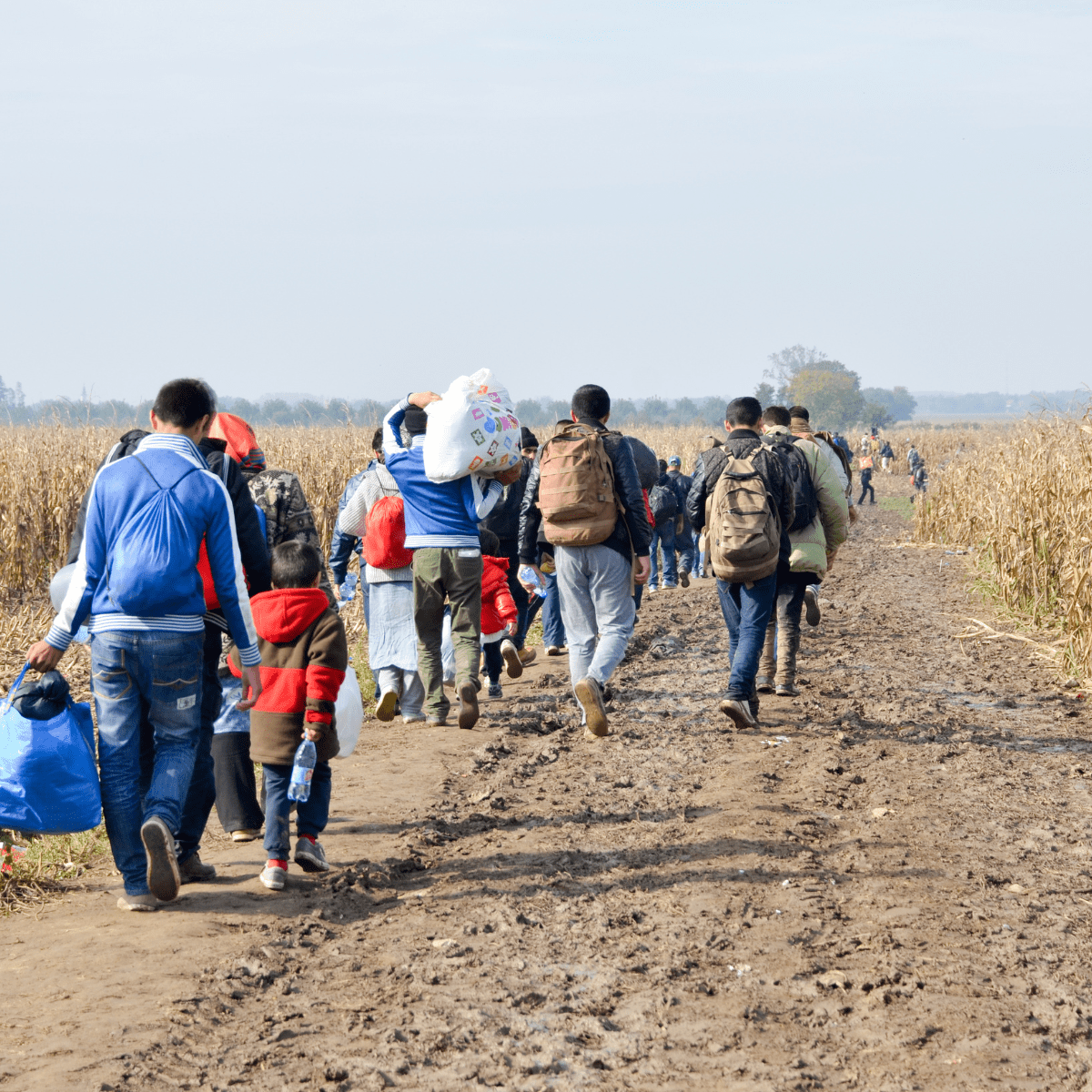Description
This training, drawing on evidence-informed research, best practices, and proven methodologies, will help participants advance their trauma-informed care to develop effective, actionable skills, specifically as it relates to resettlement. Participants will understand trauma’s impact on cognitive, emotional, and behavioral functions across all migration stages: pre-migration, during migration, and post-migration. They will gain insights into complex trauma and identify protective and risk factors for newcomer populations, including children, youth, adults, and families as they navigate the settlement process. The training equips participants with trauma-informed strategies, including grounding and de-escalation tools, to address trauma related to conflict and displacement. It benefits professionals across mental health, child welfare, healthcare, developmental services, out-of-home care, youth justice, education, employment, social services, housing, and immigration sectors.
Learning Outcomes
- Recognize traumatic stress reactions and common responses to trauma as it affects the body and the brain as it relates to the different stages of migration.
- Describe the biopsychosocial factors associated with trauma of clients from conflict zones.
- Distinguish complex trauma as it relates to pre and post migration trauma.
- Identify pertinent trauma-informed tenants and highlight possible re-traumatization scenarios
- Demonstrate practices of de-escalation techniques, self-regulation and other distress reducing strategies.
- Identify risk and protective factors from a settlement perspective.
Who Should Attend
This course is recommended for professionals across mental health, child welfare, healthcare, developmental services, out-of-home care, youth justice, education, employment, social services, housing, and immigration sectors.
Course Dates & Format
There are no scheduled dates for this course at this time, however in-service is available.
This is a 6-hour training. This course consists of two 3-hour interactive virtual sessions using Zoom.
Instructor:
Mona Hassannia, MA, RCC
Mona Hassannia is a Registered Clinical Counsellor (RCC) offering therapy, training, and mental health project consultation. With over 15 years of experience in the Settlement and Integration sector, she has worked with government-assisted refugees, refugee claimants, migrants, and immigrants. Mona was part of the supervisory team in BC’s “Operation Syrian Refugee,” contributing to Canada’s largest refugee resettlement mission and has presented best practices at events like the National RAP Conference in Ottawa. As the former manager of Settlement Orientation Services (SOS), she has deep insights into the mental health needs of refugee claimants. Her current work involves developing content and training across Canada on the intersections of settlement and mental health focusing on topics such as cultural competency, trauma-informed practice, gender-based violence, and organizational wellness practices. Mona is dedicated to promoting mental health well-being among newcomers and enhancing the capacity of front-line staff and organizations that serve them.
Training Fee
Group Registration: Save 20% off individual fee with group registration of 4 or more participants. Download the group registration form HERE.
Continuing Education Information
Licensing boards and professional organizations will grant Continuing Education credits for attendance at their discretion when participants submit the course outline and certificate.
In-Service
This is available as an in-person or virtual in-service training and customized to suit your needs.



